It doesn’t take too much of our imagination to think of examples of suffering, having been through the last year of our lives. All of us can probably think of someone we know who has suffered from COVID-19, or at least the scare of it, and many of us know of those who have died from the disease. It has affected almost every aspect of our lives from the prospect of hugging our loved ones to eating out at a favorite restaurant. Many have been affected economically in the last year, businesses closing, many people becoming unemployed. Add to that the racial injustice, social unrest, political rancor, violence in our cities, and the reality of suffering is very real for all of us.
Suffering, though, is something of a mystery to us. Today we hear it in our first reading: Job, the innocent man, has been the victim of Satan’s testing: he has lost his family and riches, and has been afflicted physically. His friends have gathered around and given him all the popular answers of that time and place as to why he is suffering: namely, that he, or his ancestors, must have sinned and offended God, and so God allowed him to suffer in this way. But Job rejects that thinking, as we all should: it is offensive. Our sins have no doubt been huge, but this kind of thinking reduces God to a capricious child who throws away his toys when he tires of them.
That’s not Job’s God and it’s not our God either. I’d like to say that we have eliminated that notion of why suffering happens, but sadly it persists. Many people think they are being punished by God because of their sins when they are suffering. And there is some logic to it: our sins do bring on sadness in this life. Sin does have consequences, and while these consequences are not God’s will for us, they are a result of our poor choices. But let us be clear that God does not penalize us in this way by willing our suffering.
In fact, God has such a distaste for our suffering, that he sent his only Son to come and redeem us. Jesus was one who suffered too, remember: being nailed to the cross, dying for our sins – but even before that, weeping with those who wept for loved ones, lamenting the hardness of heart of the children of Israel, being tempted by the devil in the desert, even understanding the hungry crowd and miraculously providing a meal for them out of five loaves and a couple of fish. Jesus felt our affliction and suffering personally, and never abandoned anyone engaged in it.
In today’s Gospel, Jesus is found healing. First Peter’s mother-in-law, and then those who came to him at sundown. In this reading, Jesus is a sign of God’s desire to deal with suffering. As Christians, we acknowledge the suffering in our midst, we do what we can to alleviate it, and we give it to our God who does not will our suffering, but who walks with us through it when it comes up in our lives. Jesus doesn’t alleviate all pain from the world; some of that just persists. But he never abandons those who are suffering: he didn’t in his earthly life and he doesn’t now. We must do all that we can, in his Name, to alleviate the suffering of others, and then we must trust that our God who loves us beyond our imagining, will take care of the suffering that remains in the unfolding of eternity.
But the key here is that we care for those who suffer. Indeed, we are partners with them in their suffering. This weekend we kick off our annual diocesan Catholic Ministries Annual Appeal which funds the various ministries of the diocese of Joliet. We at Saint Mary’s depend on these ministries to help us: educating seminarians like Frank, our new intern and Deacon John; and supporting the efforts of our school and religious education program. In addition, through the efforts of Catholic Charities, housing is provided for those who are in need, and meals are served to the hungry. Catholic Charities has partnered with us to bring the food trucks to our parish to help serve our hungry neighbors, especially during this pandemic. We are blessed that we can come together as a diocese to provide these services, to “Shine the Light of Christ” on those who are in need. You have received a mailing from the diocese about the Catholic Ministries Annual Appeal over the last few weeks. I ask you to join me in being as generous as you are able to be in this difficult time.
We can’t make all of the suffering in the whole world go away. But we can do the little things that make others’ suffering a little less, helping them to know the healing presence of Christ, together.

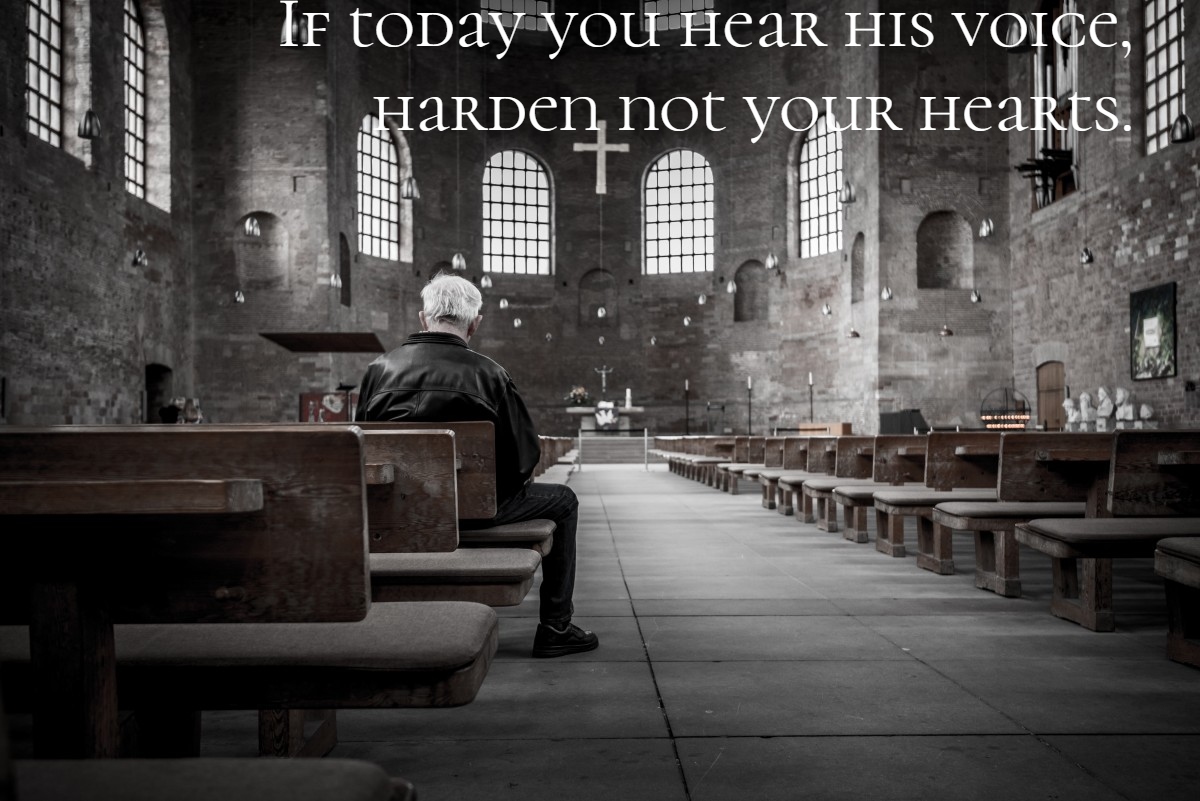
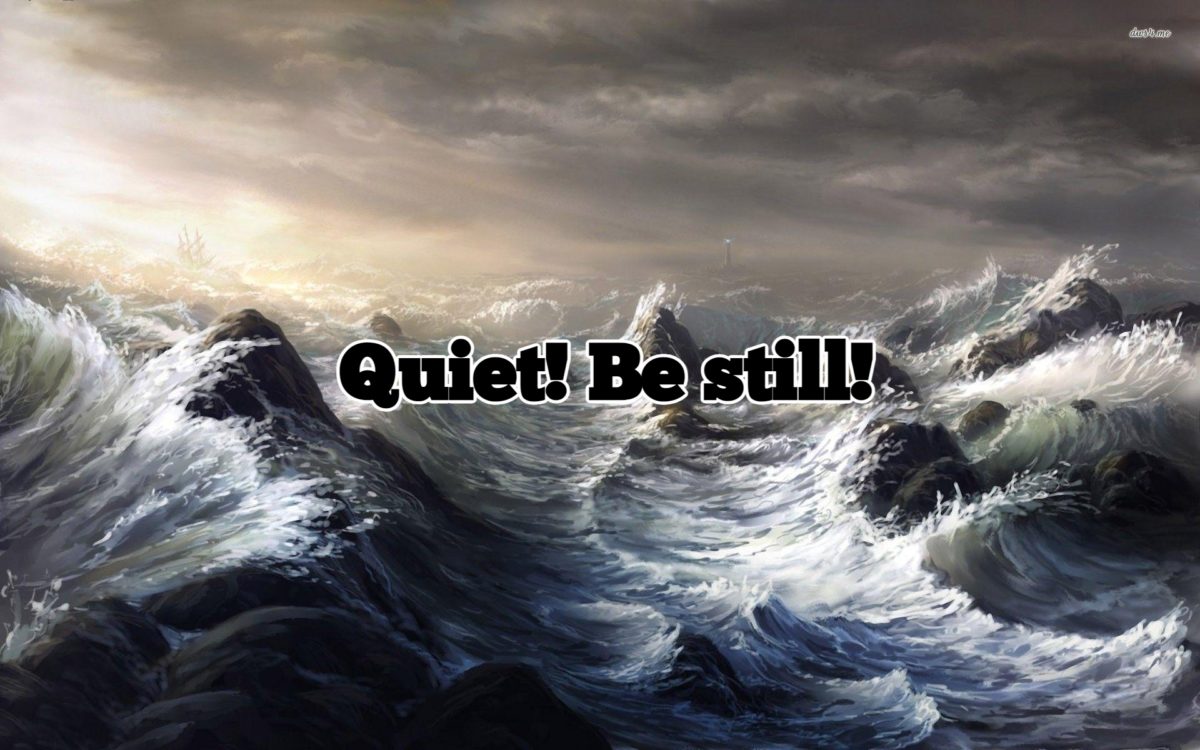
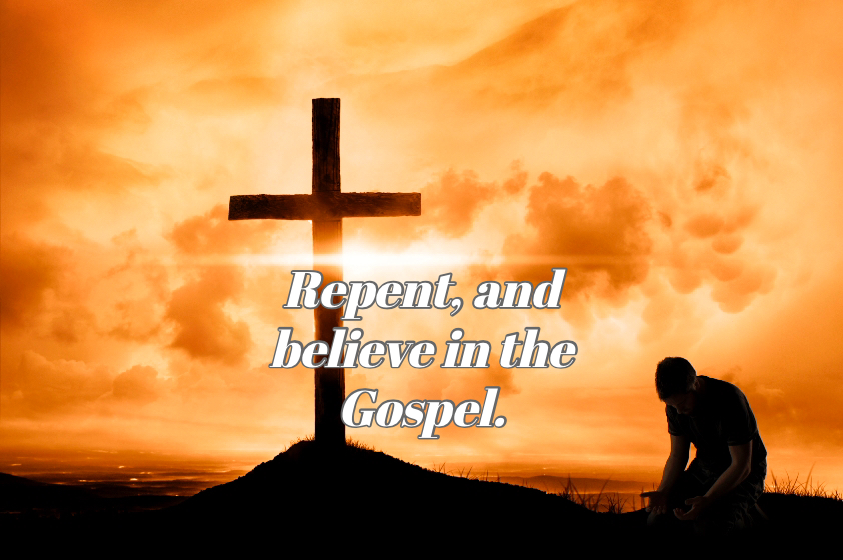

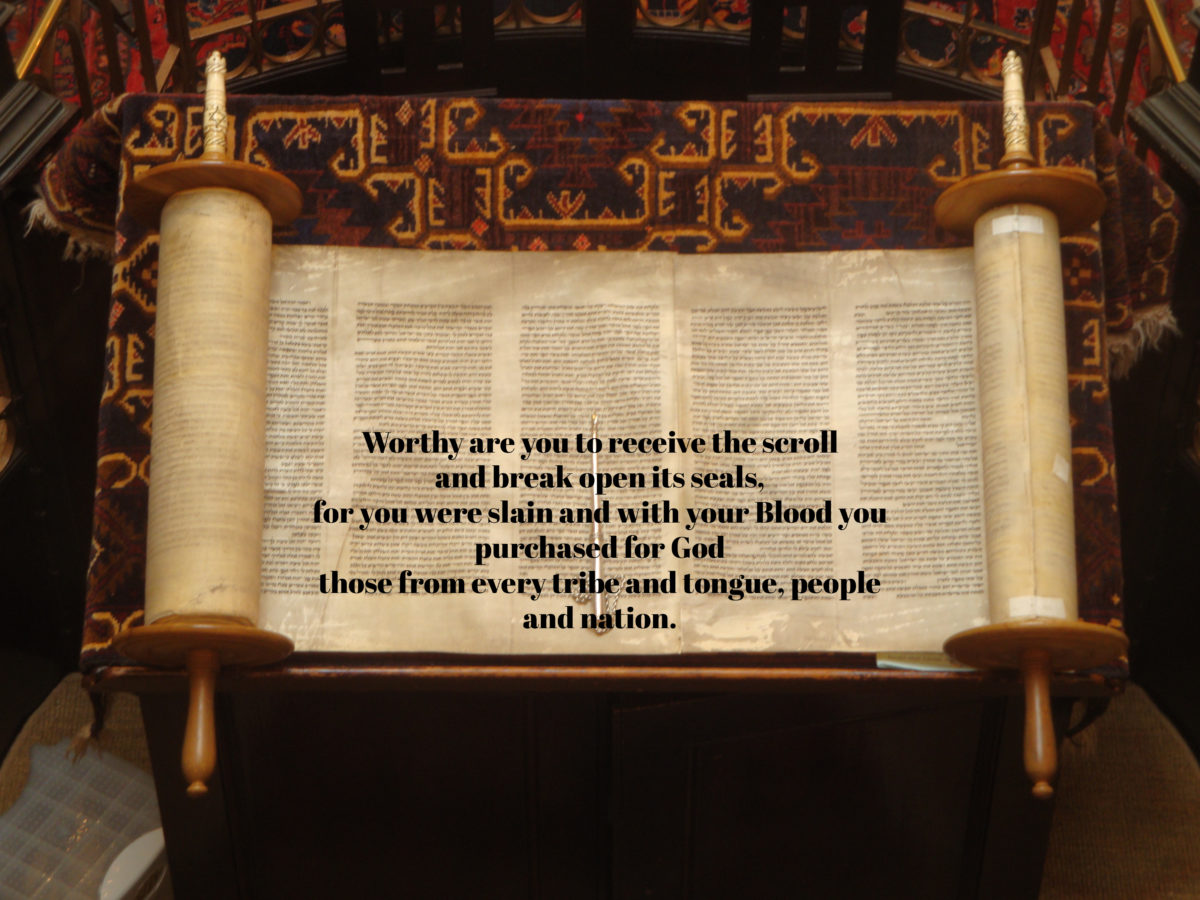
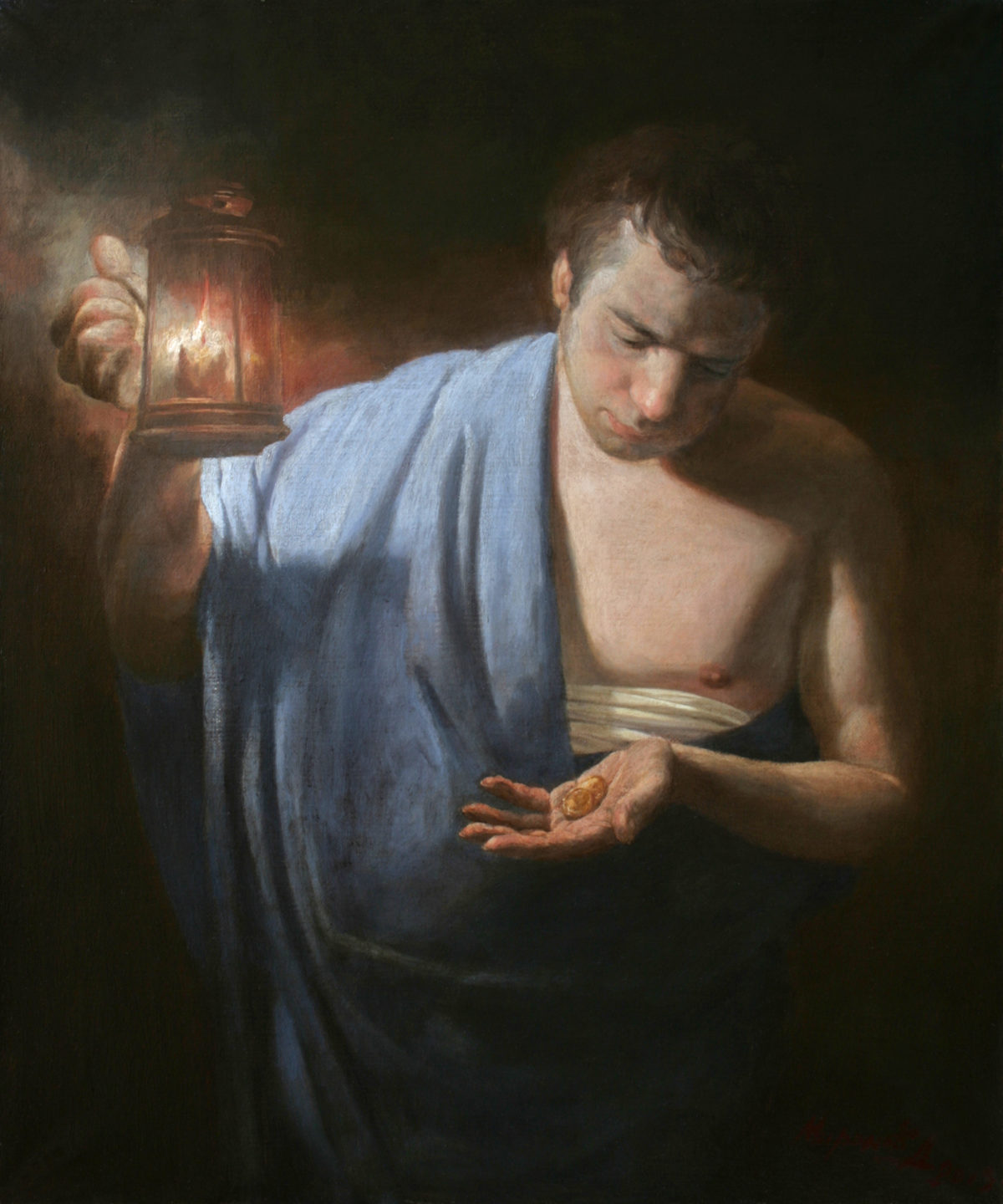
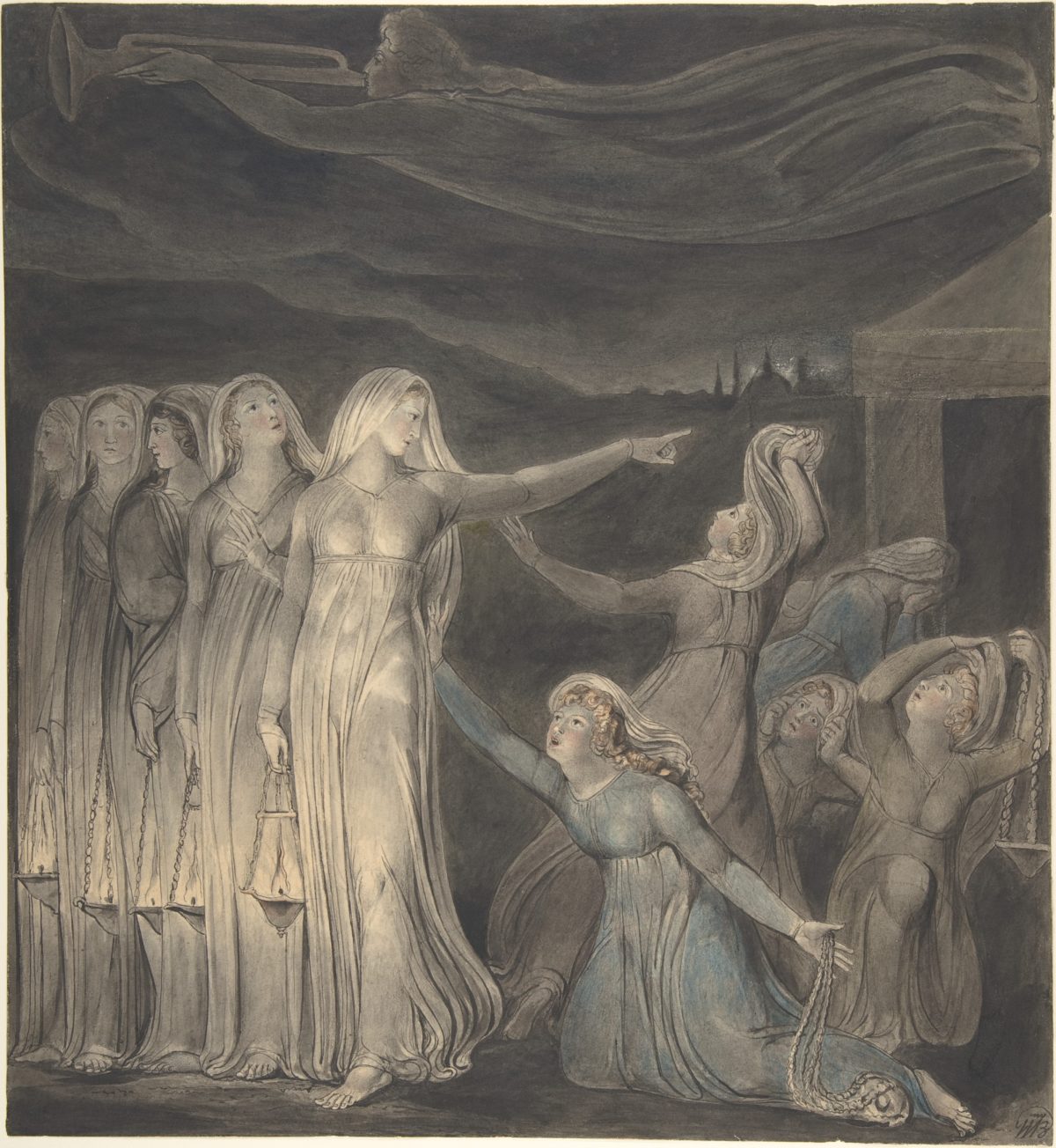
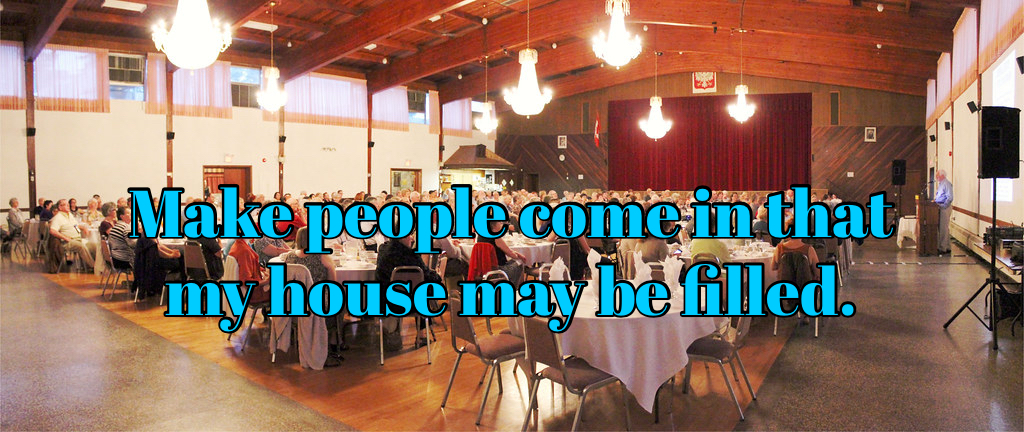
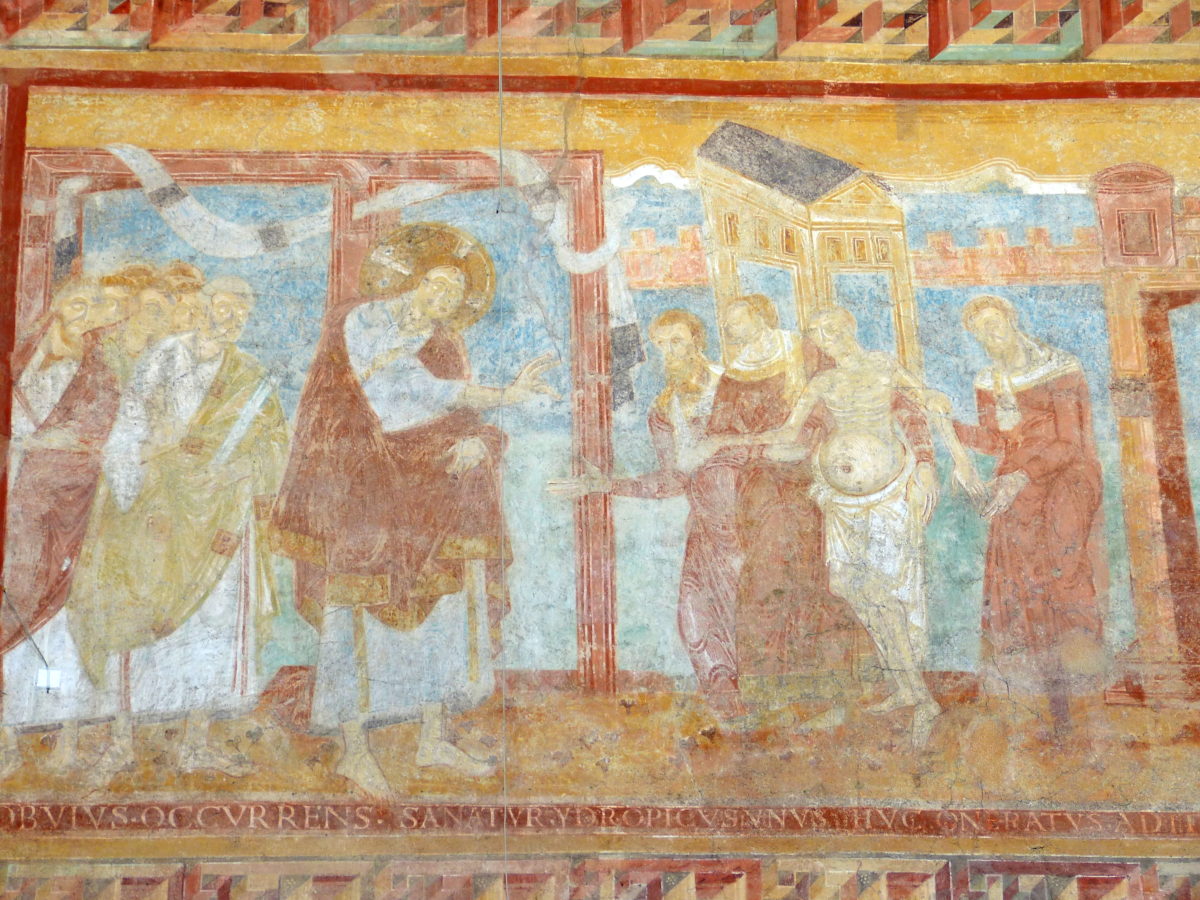
You must be logged in to post a comment.